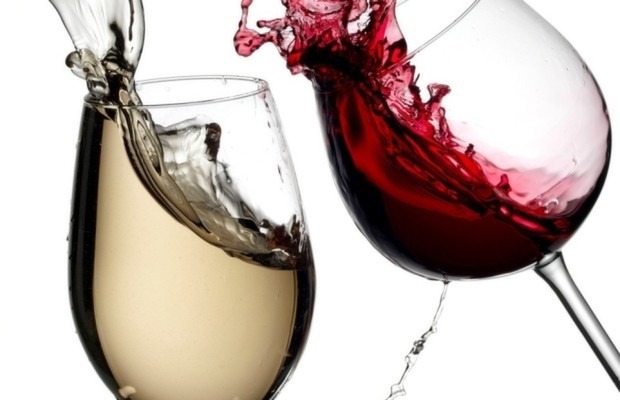No products in the cart.
News
Sleep apnea and alcohol
Many of you may enjoy relaxing with an alcoholic beverage at the end of a long day. Just like many of you may enjoy going to occasions and gatherings where there is an abundance of alcoholic beverages present.
It’s something that’s naturally a part of our lives, but have you ever thought about how this could affect your sleep apnea?
Many of you may have experienced a terrible night’s sleep after drinking too much. Having too much to drink before bedtime can lead to many symptoms such as insomnia, snoring, headaches and nightmares. And let’s not forget the negative “morning after” effects of too much alcohol, combined with a poor night’s sleep, including fatigue, nausea, drowsiness and more. So it is really worth it?
Alcohol and sleep apnea have a very strong link to each other as alcohol can affect your sleep routines in a negative way. Successful sleep apnea treatment and CPAP therapy rely heavily on routine. Going to bed and waking up at the same time each day is crucial, as is getting a consistent amount of sleep every day.
It’s one thing to have one or two drinks early in the evening (such as a glass of wine with dinner), but having too much more than that can be harmful to your sleep cycle. And while drinking too much may make you feel more tired come bedtime, it can cause insomnia and more frequent episodes of snoring and breathing problems as you sleep. Alcohol has also been known to cause your breathing to become more slow and shallow and relax your airway too much, which could worsen your sleep apnea symptoms.
For this reason, sleep apnea patients are best to avoid any alcohol a few hours before bedtime. If you do slip up and are thrown off your sleep routine for one night, it is very important to get right back on track the next day.
All in all, it is not worth it to throw away one night of valuable CPAP therapy over a few too many drinks. Be sure to plan carefully when out at a party or a gathering and know what your limit is and when to say no.


